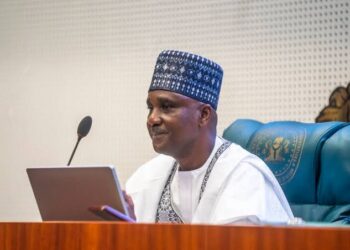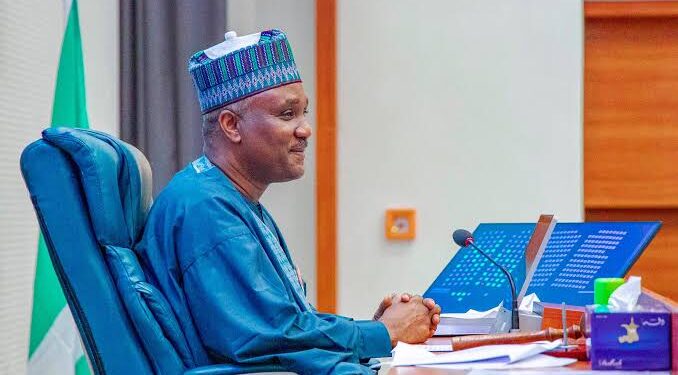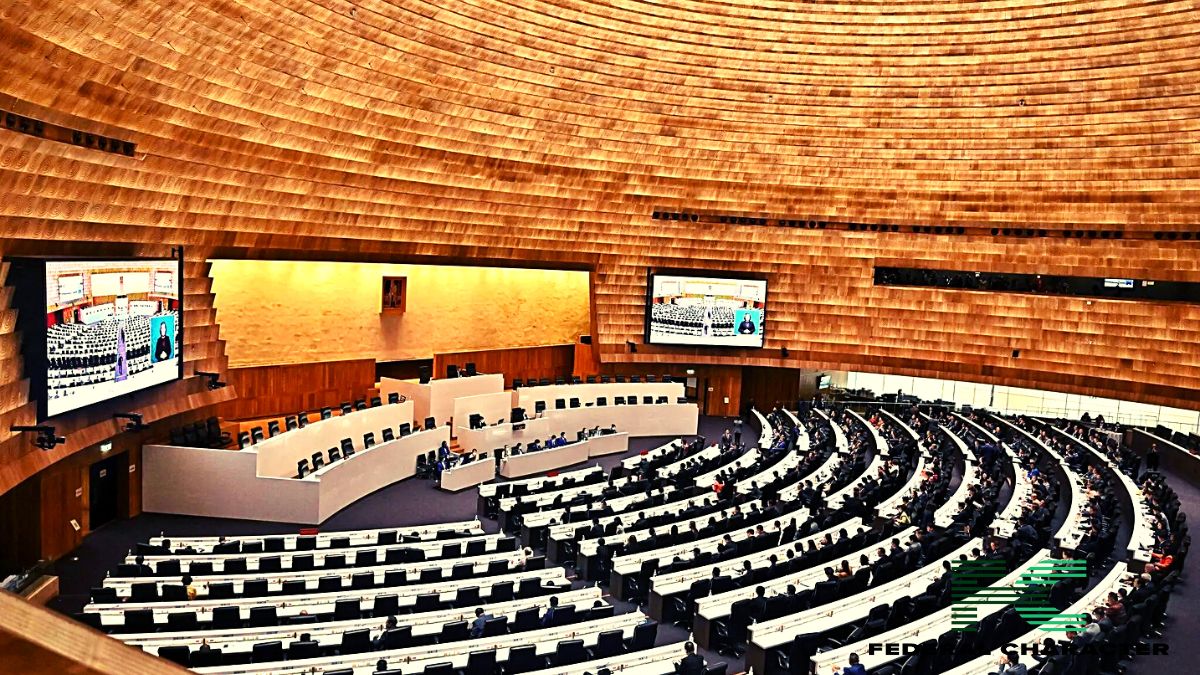Speaker of the House of Representatives Tajudeen Abbas has retracted the much-maligned Counter Subversion and Other Related Bills, which sought to impose a staggering 10-year prison sentence on those who refused to sing Nigeria’s reintroduced national anthem, “Nigeria, We Hail Thee.” This bill, initially introduced in July, drew immediate and intense backlash from across the nation, forcing the Speaker to rethink his position.
Why It Matters
The uproar began earlier this year when Abbas, alongside Senate President Godswill Akpabio, pushed through the National Anthem Bill 2024, effectively reinstating the old anthem, “Nigeria, We Hail Thee,” after the previous anthem, “Arise, O Compatriots,” had been in use. The decision, signed into law by President Bola Tinubu on May 29, 2024, to mark the first anniversary of his administration, was met with widespread criticism. Many Nigerians viewed the reversion as a trivial distraction from the pressing socio-economic and security issues plaguing the country.

The controversy intensified when Abbas introduced the Counter Subversion Bill, which proposed severe penalties for failing to recite the new anthem, along with additional harsh sentences for “erecting illegal roadblocks” and “disobeying constituted authority.” This bill, seemingly a reactionary measure to enforce patriotic compliance, faced staunch resistance from notable figures like former Minister Oby Ezekwesili and activist Aisha Yesufu.
Public sentiment against the bill was fierce. Nigerians argued that the bill was a misguided attempt to stifle opposition. rather than address Nigeria’s real challenges. The bill’s severe measures, including the 10-year jail term for anthem non-compliance, were seen as a clear overreach, sparking fears of a government repression on free expression.
What They Are saying
In response to the mounting criticism, Abbas announced the withdrawal of the bill on August 14, 2024. His spokesman, Musa Krishi, stated that the decision was made after “careful consideration of the nation’s current circumstances.” Abbas, according to Krishi, acknowledged the bill’s potential to undermine national unity and peace and affirmed his commitment to the principles of democracy and public engagement.
This decision comes amidst a broader context of unrest in Nigeria, where an escalating cost-of-living crisis has led to nationwide protests and a deadly police crackdown. The bill’s withdrawal, while a victory for critics, underscores ongoing tensions between the government and the populace over issues of civil liberties and national governance.
Bottom Line
With the bill now shelved, Nigerians can breathe a sigh of relief, at least for now. But as always, the question remains, what will our lawmakers think of next to irritate the public?

















